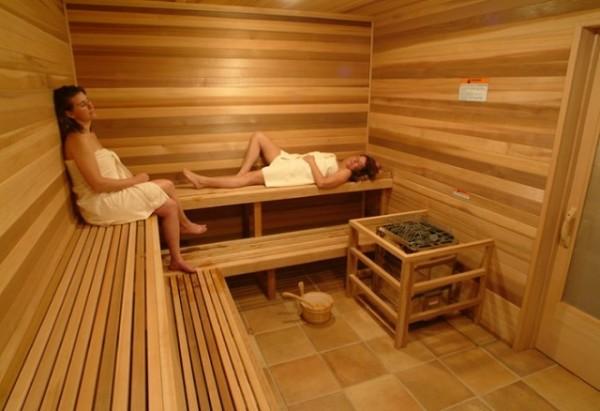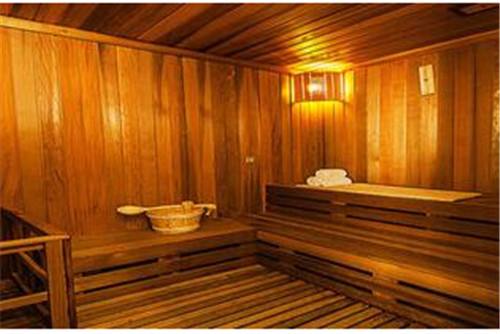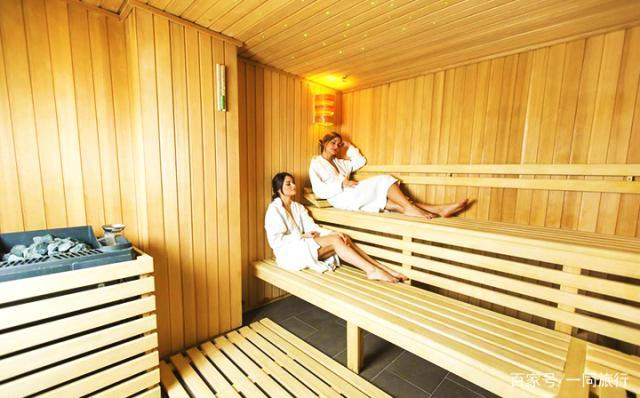Sauna
Sauna bathing has been revered across cultures for its profound health benefits. Originating from Finnish traditions, sauna therapy involves exposing oneself to high temperatures in a controlled environment, typically between 70°C to 100°C (158°F to 212°F). This practice induces sweating, which is not only refreshing but also holds significant therapeutic value for the body.
The sauna environment helps relax muscles, alleviate stress, and promote detoxification through sweating. As the body temperature rises, blood vessels dilate, improving circulation and oxygen delivery to tissues. This increased circulation aids in muscle recovery and can enhance overall cardiovascular function when practiced regularly.
Respiratory Health
Respiratory health is crucial for overall well-being, as efficient breathing ensures adequate oxygen intake and carbon dioxide removal. Many factors, including environmental pollutants and lifestyle choices, can impact respiratory function negatively. Maintaining optimal respiratory health involves adopting practices that support lung capacity, oxygen exchange, and overall respiratory efficiency.

The Synergy
The synergy between sauna use and respiratory health is a topic gaining attention among health enthusiasts and researchers alike. While sauna bathing is primarily associated with cardiovascular benefits, its effects on respiratory function are increasingly recognized. The heat exposure during sauna sessions can act as a form of passive exercise for the lungs.
When exposed to high temperatures, the body responds by increasing respiratory rate and depth. This deep breathing facilitates the clearance of airborne particles and mucus from the airways, promoting respiratory hygiene. Additionally, sauna-induced sweating helps eliminate toxins from the body, potentially reducing the burden on respiratory organs.
Scientific Perspective
Scientific studies support the notion that sauna bathing can positively influence respiratory health. A study published in the *European Journal of Applied Physiology* demonstrated that regular sauna sessions improved lung function parameters such as forced vital capacity (FVC) and forced expiratory volume (FEV). These improvements suggest that sauna use may enhance lung capacity and respiratory muscle strength over time.

Furthermore, sauna bathing has been shown to alleviate symptoms associated with respiratory conditions such as asthma and chronic bronchitis. The heat and humidity in saunas can help loosen phlegm and ease breathing difficulties temporarily. However, individuals with respiratory conditions should consult healthcare providers before incorporating sauna therapy into their wellness routines.
Practical Considerations
To maximize the respiratory benefits of sauna bathing, it is essential to practice sauna hygiene and safety. Hydration plays a crucial role in maintaining respiratory function during sauna sessions. Drinking water before and after sauna use helps prevent dehydration and supports optimal mucus production in the airways.
Choosing a well-ventilated sauna environment is important to ensure adequate air circulation and oxygen availability. Sauna sessions should be moderate in duration, typically lasting between 10 to 20 minutes per session, with breaks for cooling down and rehydration as needed. Individuals new to sauna bathing should start with shorter sessions and gradually increase exposure as tolerated.

Conclusion
In conclusion, the relationship between sauna use and respiratory health underscores the holistic benefits of traditional thermal therapy. By promoting relaxation, improving circulation, and supporting detoxification, sauna bathing contributes to overall respiratory efficiency and well-being. Incorporating sauna sessions into a balanced lifestyle can complement respiratory health practices and enhance overall vitality.
版权声明
本文仅代表作者观点,不代表成都休闲网立场。
本文系作者授权发表,未经许可,不得转载。




















